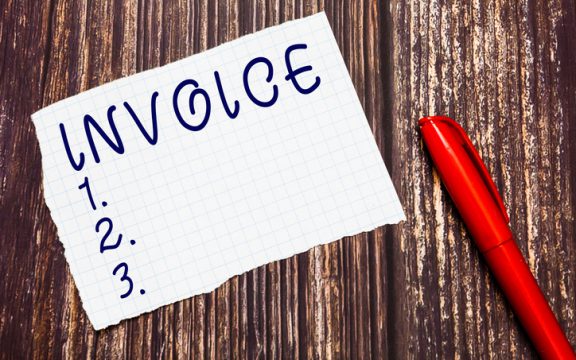Ask business owners what the term “Cost of Goods Sold” (COGS) means, and I am sure many would hesitate before answering. Business owners do know what it means, but it would be beneficial to understand how important this simple concept is and the benefits it offers to you in managing your business finances more efficiently. Many would also ask if this term applies to services, and the answer is yes, but to only some.
What is Cost of Goods Sold?
There are two main categories of expenses in your business.
- Costs that are directly related to producing a product or delivering a service, e.g. the cost of raw materials and labour used to create the product/services. This is called Cost of Goods Sold which is variable, meaning if you do not sell a product or deliver a service, there will not be any COGS. Market conditions would influence the COGS, and therefore, it is necessary to review the COGS consistently to ensure that profits are maximised. To summarise, the COGS is the total value of the inventory placed for sale.
- Costs that do not directly relate to producing a product or delivering a service. These costs can include rent, utilities, advertising and marketing, salaries of staff, etc., all of which will be incurred whether you sell a product or deliver a service.
What are the Benefits of Cost of Goods Sold?
1. COGS helps determine how efficient and beneficial your products/services are
The cost of goods sold is linked to how much demand there is for your product. Have your COGS increased or decreased over time? Are your COGS high but sales poor? When the COGS decreases but sales are still poor, it could mean that you have not lowered your price to remain competitive, which could be why sales have not increased. On the other hand, if the COGS decreases, affecting the quality of your products/services, your sales would decrease because your customers may have discovered your products/services to be of low quality. Evidently, it is imperative that you investigate this discrepancy of your COGS and determine the root cause affecting the fluctuation of the COGS, which will subsequently determine the efficiency of your products/services before the business runs a loss and is forced to shut down.
2. COGS helps differentiate between direct and indirect costs
In calculating the COGS, you would have to segregate expenses into direct and indirect costs. By doing this, you would be able to examine both costs and other hidden costs incurred in running your business. Separating the COGS (direct costs) from the total cost would allow you to scrutinise your indirect costs, which are expenses you incur each month, irrespective of how much you sell. By doing this, you would be able to adjust the price of your products to cover the necessary costs and maximise profits.
3. Indicates the financial health of your business
The COGS is a useful financial metric on the financial statements. As it is a business expense, it is subtracted from the revenue to determine the gross profit of a company that would indicate if a company is making profits or losses in the production process. How does this indicate the financial standing of a business? If the COGS increases, net income will decrease, resulting in less profit for its shareholders. By looking at the COGS, analysts and investors would estimate the company’s financial stand. With this indicator, business owners can work on strategic moves to boost profit and shore up business strategies.
4. Contributes to boosting operational efficiency
The COGS allows you to gauge the operational efficiency of your business when you examine the production costs incurred on a product or service. If the COGS is high, you may have to minimise costs incurred in production by applying operation tactics or reduce waste and spillage in the manufacturing stage. Hence, the COGS would assist your company to maintain good profits and keep the business afloat.
5. Determines cost of different products
If a company produces more than one product, it is important to know the cost of each one and make comparisons between the costs of the production processes of both. By doing this, you will be able to pinpoint where improvements could be made to make more profits as well as curb money-wasting inefficiencies.
6. Manage taxes effectively
Knowing your COGS will help you file tax returns correctly and avoid run-ins with the law. For example, if you have a high COGS, you should be paying lesser taxes because of your low-profit margin. Generally, having a low-profit margin would mean that your business would be in the low taxable income bracket. Hence, knowing your COGS in detail will enable you to adjust your taxes accordingly. In fact, help is not too far away as there is online accounting software in Malaysia that can help you manage your taxes efficiently.
In a nutshell
Knowing your Cost of Goods Sold is the key to running your business efficiently. Tracking your COGS will enable you to make smarter decisions that will help improve your business’s overall operation and performance. Starting using COGS today and reap the benefits. For more information, feel free to get in touch with us.
















































































































